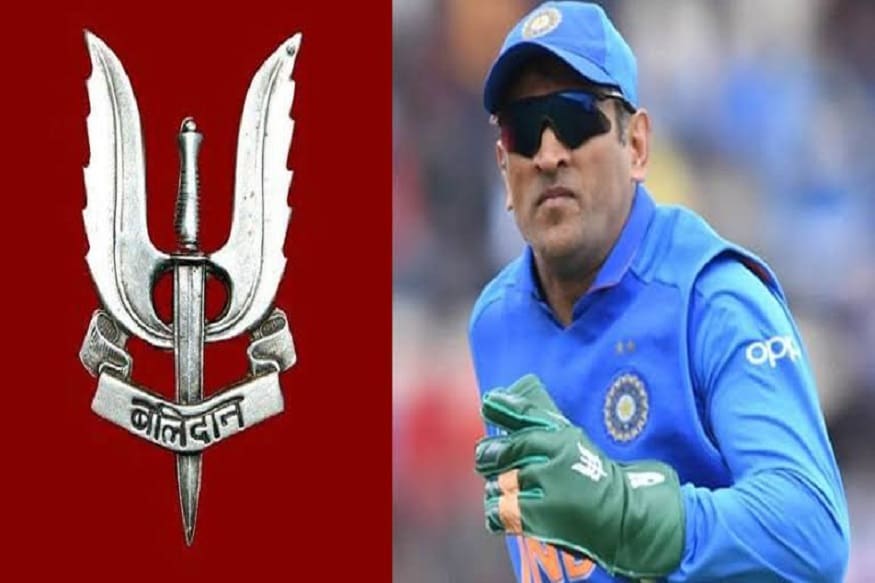A Song of Poppies and Daggers: Exploring the Liminal Spaces between Sports and Politics
With Dhoni's decision to don Balidaan insignia on his gloves drawing in both praise and censure, we look at similar incidents in the past and examine the inconsistencies in sporting laws.

(Photo Credit: Twitter) ICC's decision to censure Dhoni for sporting Balidaan insignia calls for more extensive interpretations of sporting laws.
The cricketing world is in the midst of a huge furore after Indian cricketer M.S Dhoni was seen sporting the Balidaan insignia on his gloves in Wednesday's match against South Africa. The badge, worn by Dhoni as a tribute to the Para Special Forces unit attached to the Parachute Regiment in which he is an honorary Lieutenant Colonel, has been the source of much fascination these past few days, with fans even taking to social media to express their approval. It seems, however, that the ICC will not brook this, citing a violation of its code of conduct, which bars players from using clothes and equipment bearing personal messages or in fact, anything related to political, religious or racial activities.
With a huge storm brewing, it would appear that it is the first time in sports history that a player, owing to his unique position on the international stage, has attempted to send across a message to the world at large. Back in 2003, when Andy Flower and Henry Olonga of Zimbabwe played their opening match of the World Cup wearing black armbands to protest against the then-president Robert Mugabe, the ICC let them off with merely a warning. This was not a singular incident either.
England donned the poppy to commemorate Remembrance Day in November 2016, both in cricket and football matches. Alistair Cook's team had done so with the ICC's permission, but FIFA's Law 4 were more stringent, and they threatened punishment. Realizing that the same thing was bound to repeat every November, FIFA even revised the law stating: “When commemorating a significant national or international event, the sensibilities of the opposing team [including their supporters] and the general public should be carefully considered.”
India was in the limelight even back in March 2019, when Virat Kohli's team wore military hats in their third ODI against Australia as a mark of respect for the soldiers who had died in the Pulwama attacks. ICC had not objected then, saying that the BCCI had taken permission.
The question then arises: How is this different from Dhoni's alleged violation? The problem stems from the fact the law itself is ambiguous. What constitutes a personal message, a political, religious or racial statement can be construed differently based on the who interprets it. Back in 2014, English cricketer Moeen Ali landed in a soup when he was banned from wearing 'Save Gaza' and 'Free Palestine' wristbands in the third Test against India in Southampton, as what England and Ali himself saw as a humanitarian message was interpreted as a political statement.
Although the necessity to don military insignia in a sporting event is a central debating point, it is legitimate to ask whether Dhoni's actions are any different from what England did when they sported poppies. With politicians already stepping to the fore, a body of careful interpretations apropos of law dealing with international sports bodies is the need of the hour, lest harmless representations of solidarity should be construed as inflammatory statements and culminate in international conflicts.